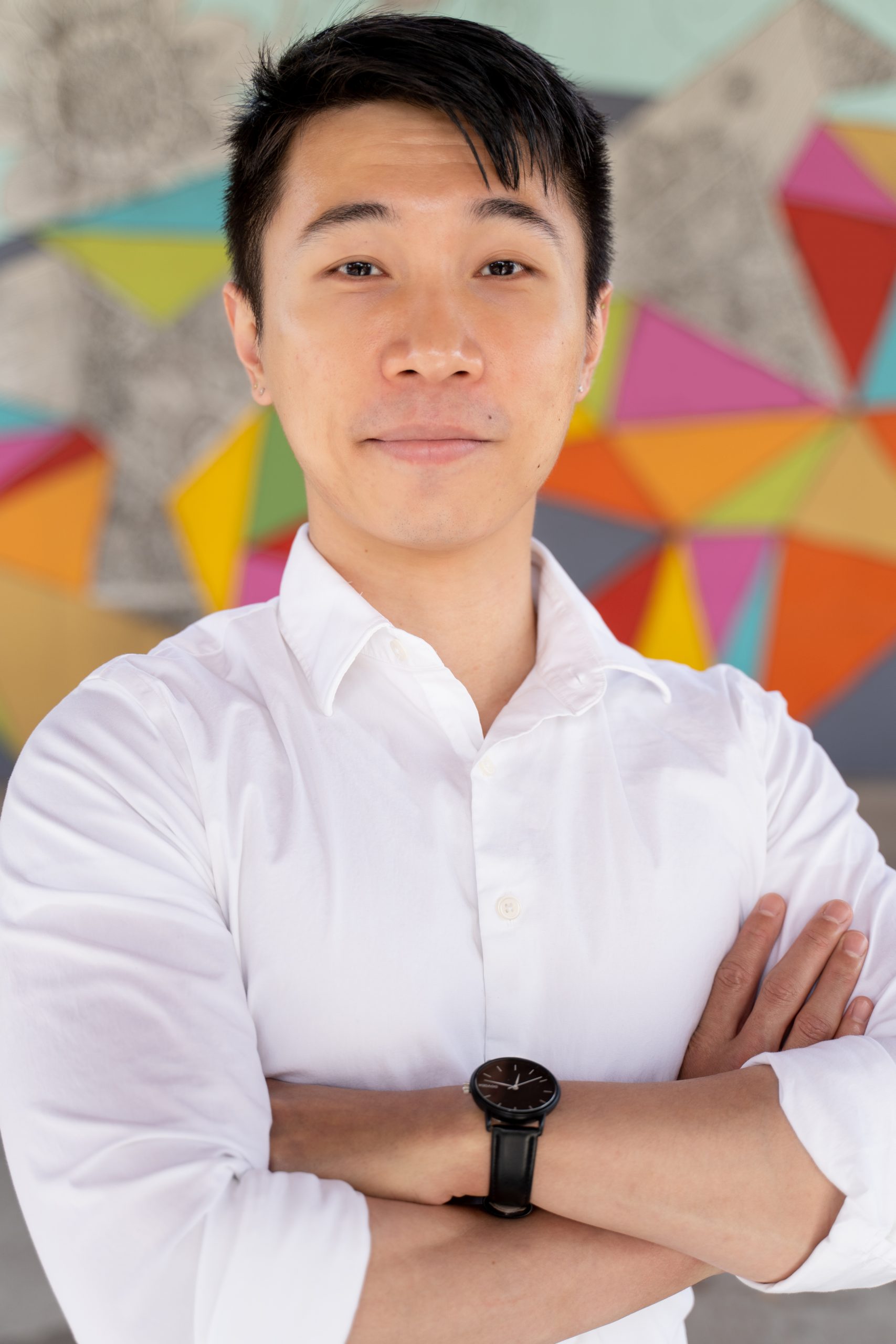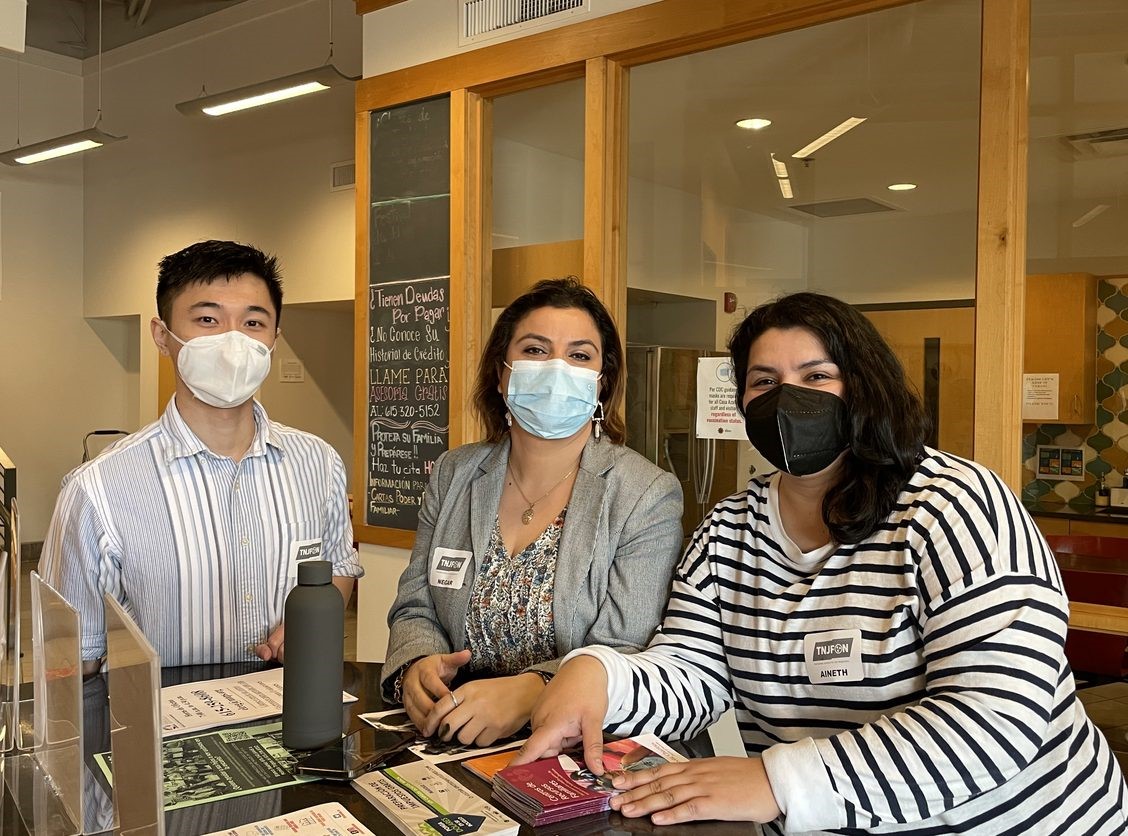 Law school can be an impersonal experience. Students read opinion after opinion delineating the legal contours of people’s lives, but rarely do they learn about the individuals whose lives necessitated the opinions in the first place. However, for lawyers in some fields of practice, navigating the face-to-face interactions is just as important as understanding the law that the casebooks try to teach. My experience at the Immigration Practice Clinic helped prepare me for this reality and successfully transition into my practice as an immigration attorney in Nashville.
Law school can be an impersonal experience. Students read opinion after opinion delineating the legal contours of people’s lives, but rarely do they learn about the individuals whose lives necessitated the opinions in the first place. However, for lawyers in some fields of practice, navigating the face-to-face interactions is just as important as understanding the law that the casebooks try to teach. My experience at the Immigration Practice Clinic helped prepare me for this reality and successfully transition into my practice as an immigration attorney in Nashville.
Since October 2021, I have been working full time for an immigration nonprofit called Tennessee Justice for Our Neighbors. During my time here, I have had the opportunity to work with clients ranging from DACA recipients, many of whom have spent their entire conscious lives inside the United States, to asylum seekers fleeing the Taliban’s recent takeover of Afghanistan, the majority of whom are still adjusting to life in a new country. A skill that I have honed and that has been integral to successfully representing these different populations is being able to connect with clients on a personal level.
Oftentimes, when working with JFON, I have a very limited amount of time to interview an individual in order to prepare their case. This is a nonissue when it comes to gathering some of the basic information needed for every immigration case, such as a client’s U.S. Citizenship and Immigration Services number or current address, but the work we do at JFON frequently involves asking people about traumatic events from their past or their criminal history. Without the ability to gain the client’s trust in the short time we meet, aspects of their case may be overlooked or false information could inadvertently be submitted, leading to negative immigration consequences down the line.
 Clinic offers an invaluable opportunity to practice this specific skill and to get a sense of what actual practice will be like. It is much easier to test the waters when you know that your mistakes will be corrected by your clinic supervisor, and the experience reveals that law is more than just reading cases and drafting briefs (our firm didn’t even have Lexis or Westlaw until just this month!). My advice to all students would be to take a clinic class and to take more than one if possible—it really helps you hit the ground running.
Clinic offers an invaluable opportunity to practice this specific skill and to get a sense of what actual practice will be like. It is much easier to test the waters when you know that your mistakes will be corrected by your clinic supervisor, and the experience reveals that law is more than just reading cases and drafting briefs (our firm didn’t even have Lexis or Westlaw until just this month!). My advice to all students would be to take a clinic class and to take more than one if possible—it really helps you hit the ground running.